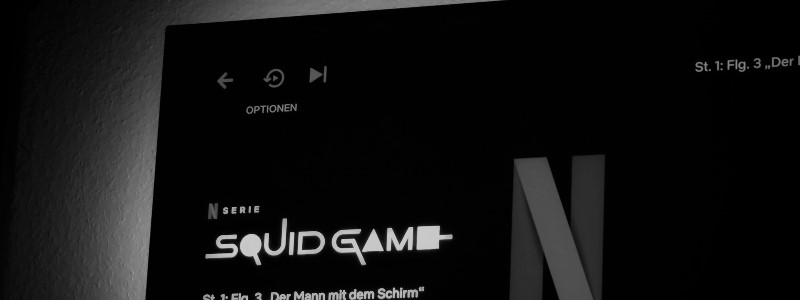As human beings we have evolved to connect. However sophisticated we have become over time though, our capacities for clear communication are enduringly mired in complication. Our inclinations are tilted toward a negativity bias whereby, when in doubt we will tend to assume the worst of an(other)s intent. One negative comment will more often make a far greater impression upon us than ten positive ones. To assume the worst may be our default position but cultivating a degree of generosity in interpreting the remarks of others may be a calling to our better selves. At the particular cultural moment that we find ourselves in this seems particularly pertinent.
We live in the same society as people with whom we don’t get along and with whom we don’t share the same views. When we are unable to listen respectfully (and generously) to those whose views might differ from our own we are in danger of confining ourselves to the trenches of tribalism. It is hard to avoid or ignore the increasingly polarising and toxic nature of current debate. This new reality may well have something to do with a loss of faith and trust in our institutions, religious, political and social and a subsequent (if subtle) loss of meaning. The postmodern era has accelerated this mistrust with its defining suspicion of all grand narratives. Into the breach we have witnessed the exponential rise of social media, dramatically increasing our abilities to connect but doing little to expand our capacities to communicate effectively and compassionately.
The impact of social media on communication
In fact social media may actively diminish our communication skills, pulling us, as it does away from face to face encounters. When you don’t have to meet the person with whom you are in disagreement, it is far easier to dehumanise them….to reduce, diminish and wilfully misunderstand them. When we don’t have to encounter someone, face to face, we don’t need to consider the impact we might have on them and their lives. From the comfort of the echo chamber there is far more scope for righteousness and outrage and far less for generosity and nuanced understanding.
In the age of social media, the boundaries between private and public language have collapsed. This is problematic in many ways, some of which we may not yet even be aware of. When the line between public and private is breached so too is the significant matter of context. When we lose context we also lose sight of the matter of intent. In the minefield of todays identity politics these things matter, holding people to account in the court of social media for an expression of the “wrong view” is no justice at all. We all know something of the experience of misrepresentation or misinterpretation in our online communications…albeit more often with others within our own group. How many of us have taken exception or offence to a text message without even stopping to question whether any was actually intended?
We are more than our google history
In a fast changing and increasingly atomised world we need more than ever to find ways of getting along with each other. Of talking and listening generously and respectfully, the absence of which simply takes us one treacherous step closer to a moral abyss. We build confidence in our relationships when we encounter each other face to face through personal interaction. This is the baseline from which generosity can flourish. It is harder to be generous when we fear abuse and it is so much easier to be unkind when there is no attempt to meet. We must not confuse knowing someone with knowing their google history.
To enquire about psychotherapy sessions with Gerry Gilmartin, please contact her here, or to view our full clinical team, please click here.

